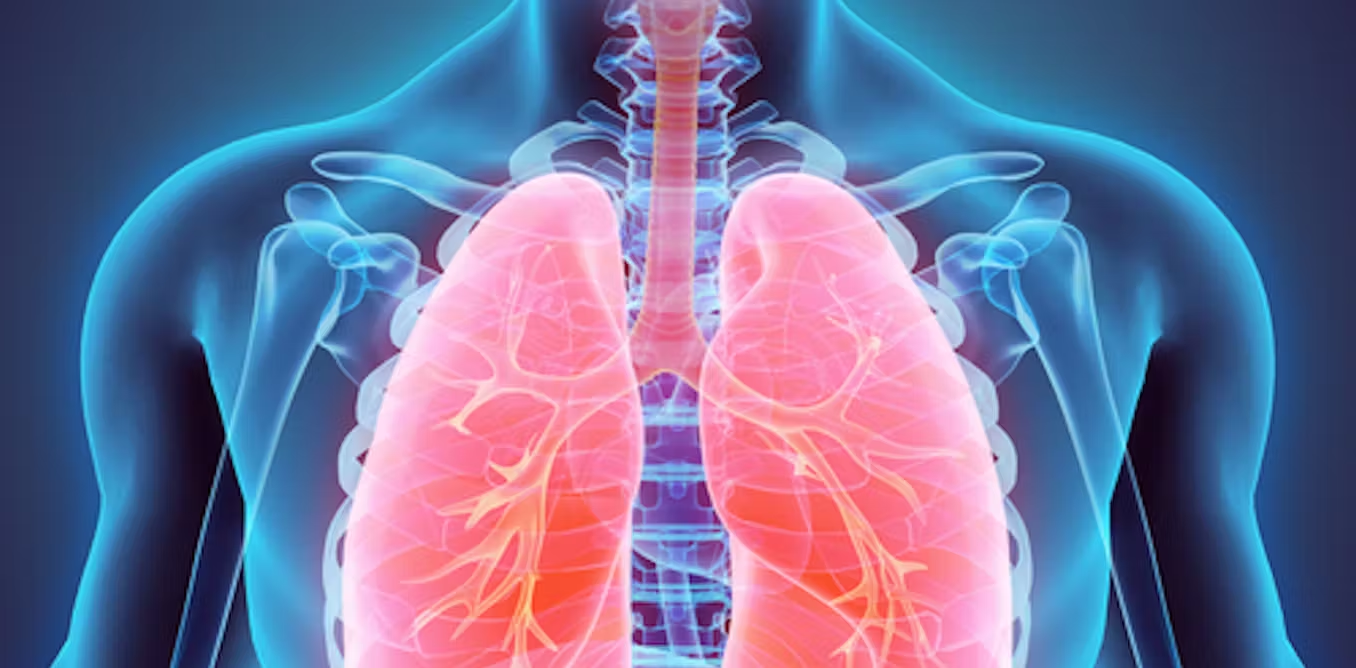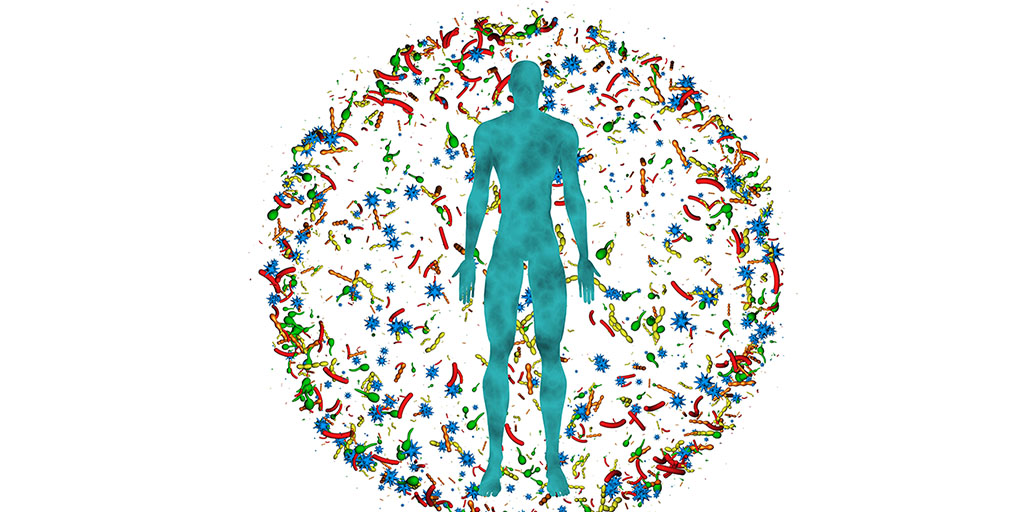The human gastrointestinal system is often seen as a simple food processor—but recent science reveals it has its own complex nervous system, earning it the nickname the “second brain.” Research shows that your gut contains around 100 million neurons embedded in the walls of the digestive tract, capable of functioning independently of the central nervous system. This vast network allows the gut to coordinate digestion, motility and chemical signalling in ways previously underestimated.
Beyond structure, the gut’s nervous system significantly influences more than just digestion. It communicates with the brain via the vagus nerve, participates in regulating mood, immune responses and even our perception of pain. In turn, the trillions of microbes residing in your intestines interact with this nervous system, producing neurotransmitters and chemical messengers that affect both gut and brain health. These discoveries reflect deep experience (clinicians observing gut-brain phenomena), accumulate expertise (neurogastroenterologists mapping connections), offer authoritativeness (peer-reviewed studies in respected journals) and show trustworthiness in challenging earlier assumptions.
For anyone interested in human physiology, mental health or nutrition, appreciating the gut’s role is crucial. Paying attention to what you eat, how you move, and how you manage stress not only affects your digestion—but this “second brain” and its broad influence. Recognising the dual role of gut health and nervous system interplay gives us better tools for wellness, deeper insight into our bodies, and a reminder: we are far more interconnected internally than we often assume.





